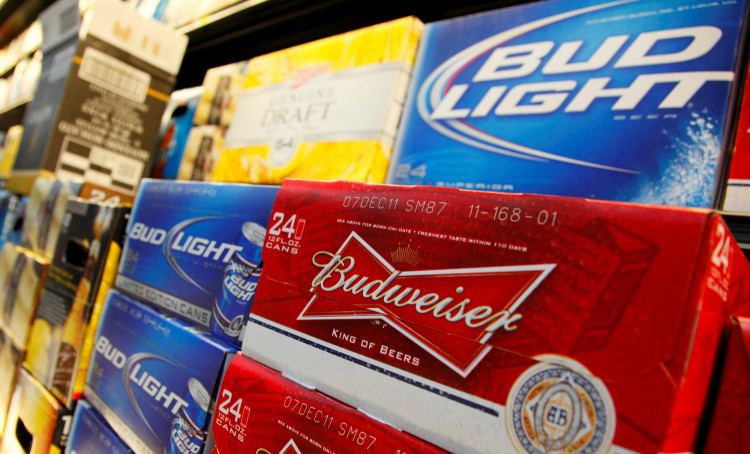The production of fizzy beverages such as beer, seltzer water, and soda could be under threat due to a growing lack of carbon dioxide supply. The gas, which is mainly produced by ethanol manufacturing facilities, is commonly used by drink-makers in the carbonation process to give beverages such as beer and soda their fizz.
The major suppliers of carbon dioxide, or CO2, in the US are ethanol producers, which accumulate the gas as a byproduct of the ethanol production process. These companies deliver large quantities of CO2 to the food industry, which are in turn used to create a variety of fizzy beverages.
The production of ethanol, which is commonly used as a blend with gasoline, has drastically been reduced due to the low demand for fuel in recent months. The ongoing coronavirus pandemic has caused major shutdowns in transportation and travel, reducing demand for fuel in the US and around the world.
The recent oil price war has managed to exacerbate the problem, sending global oil prices to new lows. In the US, demand for fuel has dropped by more than 30 percent. The aforementioned factors have contributed to some ethanol producers decided to shut down their production plants. According to the Renewable Fuels Association, 34 out of the 43 ethanol plants in the country have been idled or have cut production.
The Compressed Gas Association (CGA) had stated in a letter to Vice President Mike Pence earlier in the month that CO2 production in the country has dropped by more than 20 percent and could drop further in the coming months without government assistance.
Due to the reduced supply, remaining ethanol producers have increased the prices of their CO2 deliveries to beer brewers by as much as 25 percent. US Brewers Association chief executive officer, Bob Pease, stated that the problem is growing and a lot of their members have raised concerns that further production cuts and price hikes could result in massive disruptions. Pease added that he expects that several brewers could start cutting production in the coming weeks given the lack of supply and high CO2 prices.
Some beverage companies are scrambling to find alternative sources of CO2, while others remain confident that the disruptions in the supply are only temporary. Breweries such as Denmark-based Carlsberg Group do produce their own CO2 supply and do not rely on external suppliers.
Apart from being used to make fizzy drinks, CO2 is also used for other food industry processes. Meat processors, for example, use CO2 for various packaging and preservation processes. There are also a variety of uses of CO2 in other industries such as metal and chemical production.






